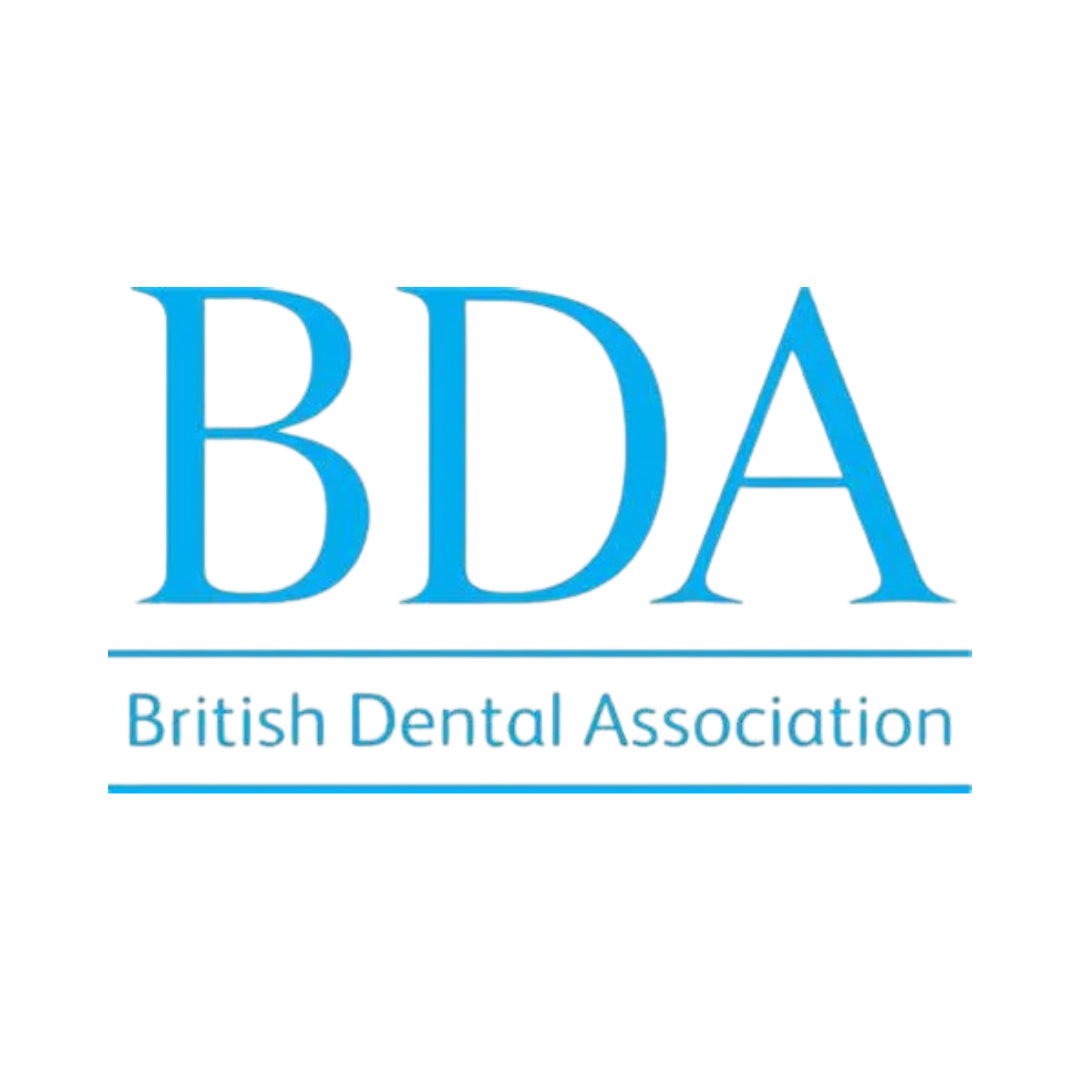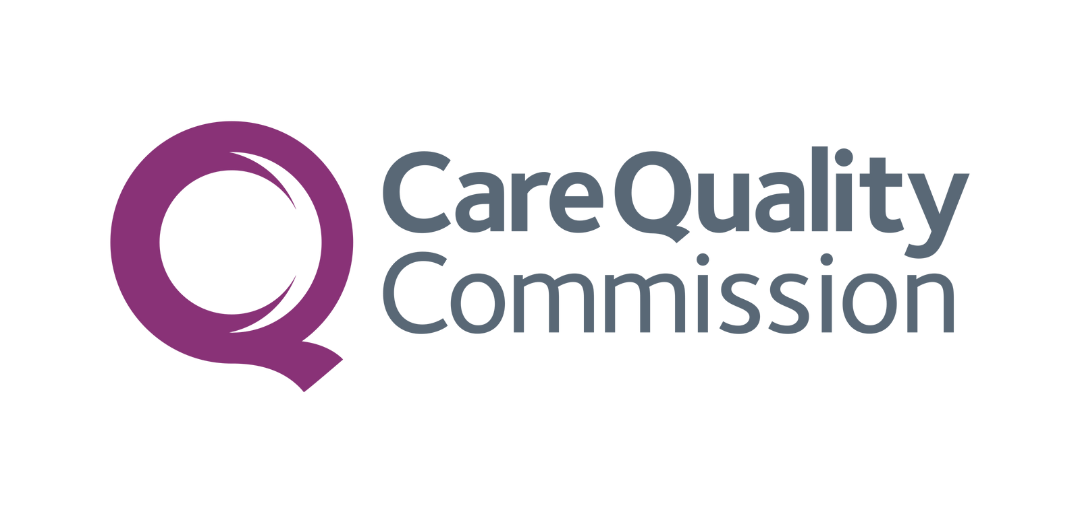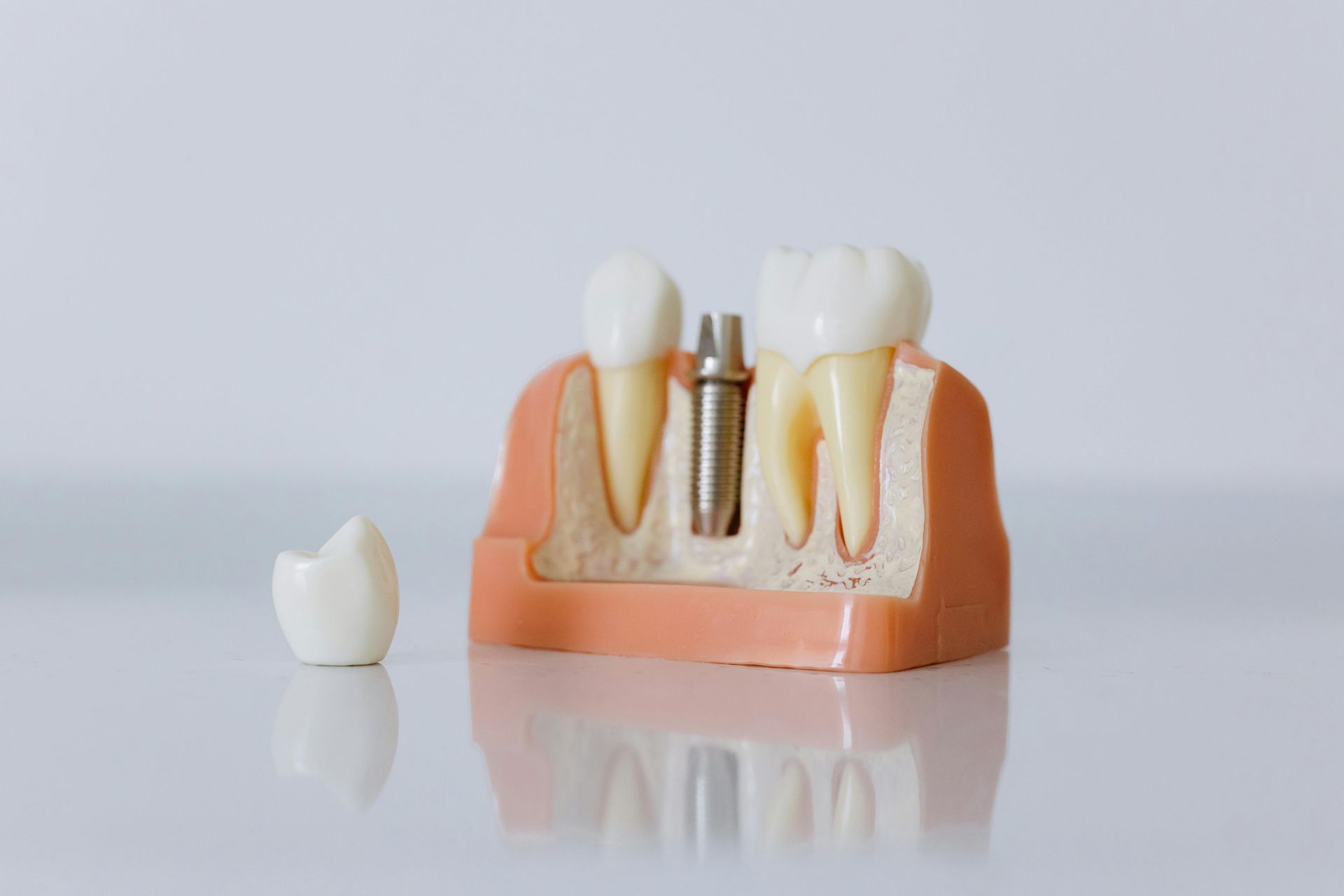
Emergency Dentist in London
Dental emergencies, like severe toothaches, knocked-out teeth, facial swelling, or lost fillings, need urgent care. If you face a dental emergency in London, contact a dentist in London immediately to improve the chances of saving your tooth and preventing serious infections.
Emergency Dentist in Ealing
Dental emergencies, like severe toothaches, knocked-out teeth, facial swelling, or lost fillings, need urgent care. If you face a dental emergency in Ealing, contact a dentist in Ealing immediately to improve the chances of saving your tooth and preventing serious infections.
Types of Dental Emergencies
Severe Toothaches
Intense tooth pain is a common emergency. A Ealing dentist can diagnose the cause, which might be an abscess – a serious infection if untreated. For temporary relief, take paracetamol or ibuprofen as directed, but see a dentist in Ealing quickly to address the root issue.
Broken or Chipped Tooth
Accidents, like biting a hard sweet, can chip or break a tooth. Save any fragments, rinse your mouth with warm water, and apply gauze to stop bleeding. Use a cold compress on your cheek to reduce swelling. A Ealing dentist will assess and repair the damage promptly.
Lost Filling
Fillings can fall out, leaving sharp edges that may cut your tongue or cheeks. If pain-free, use pharmacy-bought temporary filling material or dental wax to smooth the area. If you’re in pain, visit a dentist in Ealing immediately for professional care.
Soft Tissue Injuries
Cuts or tears to your lips, tongue, or cheeks require urgent attention. Clean the wound gently and apply pressure with gauze to control bleeding. Visit your Ealing dentist or an A&E department as soon as possible for treatment.
Facial Swelling
Swelling around your jaw or cheeks may signal a tooth or gum infection, which can spread if untreated. Symptoms like pain, pus, bad taste, fever, or sensitivity to hot foods need immediate attention. Contact a Ealing dentist or visit A&E to address the cause.
Bleeding Gums
Minor gum bleeding during brushing is normal, but sudden or heavy bleeding isn’t. If bleeding persists after 15 minutes of pressure, contact a dentist in Ealing. This could indicate gum infection or other health concerns.
What Is Emergency Dental Care?
What to Expect During Your Visit
Aftercare & Healthy Habits
What Is Emergency Dental Care?
Emergency dental in Ealing refers to urgent dental treatment for conditions that require immediate attention—such as severe toothaches, knocked-out teeth, chipped or broken teeth, infections, lost fillings, and facial swelling. These situations can be painful and disruptive, often needing care within hours to prevent further damage. Whether it’s a sudden accident or an infection that worsens overnight, a trusted dentist in Ealing can offer swift, expert support to relieve discomfort and protect your oral health.
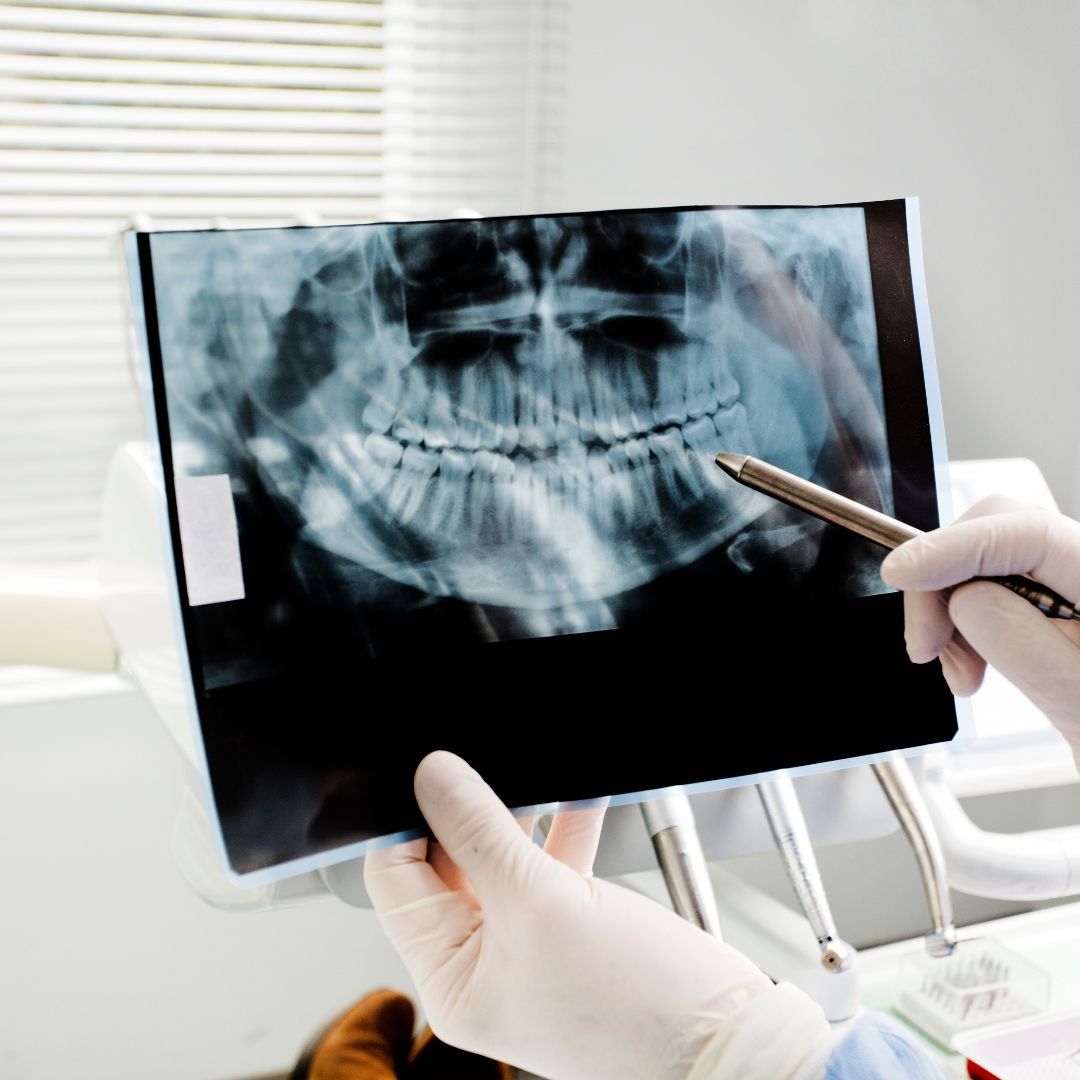

What to Expect During Your Appointment
If you're dealing with a dental emergency in Ealing, your first step is to call the clinic immediately—we'll advise on the best course of action and offer the earliest available appointment. During your visit, your dentist will:
- Ask about your symptoms and medical history
- Perform a quick but thorough examination (including X-rays if needed)
- Provide immediate pain relief or stabilisation
- Carry out emergency treatment such as a temporary filling, tooth reattachment, or drainage of an abscess
For more complex cases, a follow-up may be required. If necessary, you'll be referred to a specialist or hospital for advanced care.
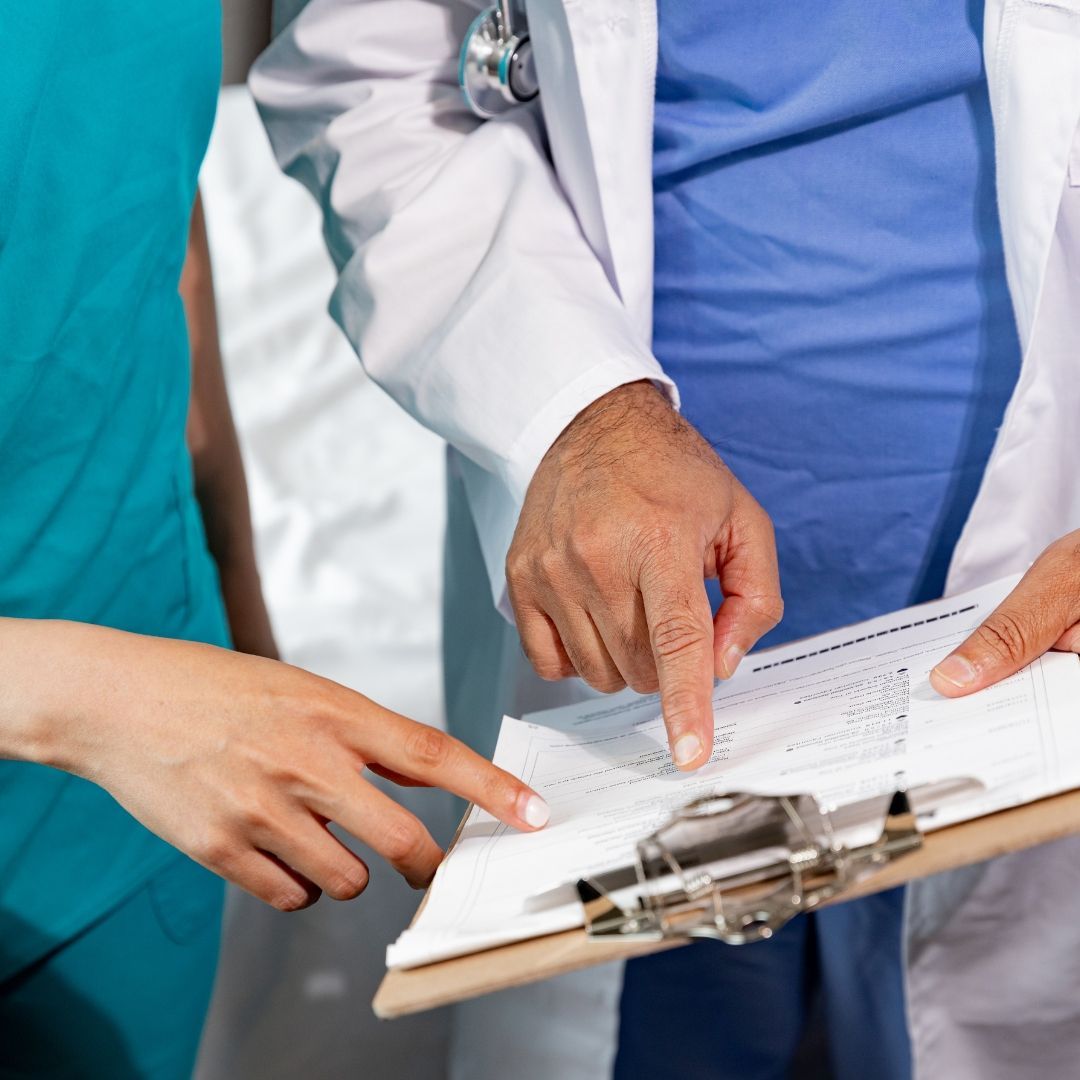
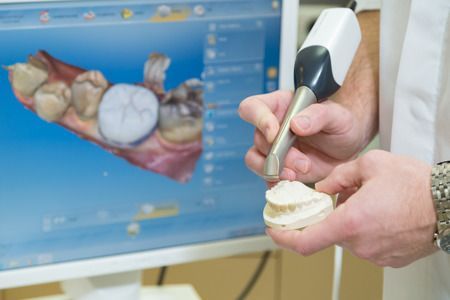
Aftercare & Ongoing Visits
After receiving emergency dental treatment in Ealing, your recovery and long-term oral health are a priority. Your dentist in Ealing will provide personalised aftercare instructions based on the procedure. General guidance includes:
- Take painkillers as prescribed or advised
- Stick to soft foods for 1–2 days if your mouth is sore
- Avoid extreme temperatures and sugary foods
- Gently rinse with salt water if advised (but avoid aggressive swishing)
- Attend your follow-up appointment if one is recommended
If a tooth was repaired or reinserted, be extra careful not to put pressure on it until your dentist confirms it's stable. Stay alert to symptoms like swelling, fever, or worsening pain, and contact the clinic if they arise.
Call Now & Book your appointment
Simple Booking
Easy online, phone or WhatsApp appointment scheduling.
Friendly Experts
Skilled, caring team focused on your comfort and care.
Modern & Calm
State-of-the-art clinic in a relaxed, welcoming space.
Results That Last
Personalised treatments designed for natural, long-term results.
Managing Dental Pain While You Wait
Dental emergencies can cause significant discomfort, and you may need to wait a few hours to see a Ealing dentist. Try these temporary measures:
- Cold compress: Place it on your cheek to reduce swelling and numb pain.
- Pain relief: Take paracetamol or ibuprofen, following packet instructions.
- Salt water rinse: Mix half a teaspoon of salt in warm water to rinse, reducing inflammation and bacteria.
- Avoid triggers: Steer clear of hot, cold, sweet, or acidic foods and drinks.
- Dental gel: Use an over-the-counter gel like Anbesol to numb the area temporarily.
- Stay upright: Keep your head elevated to reduce pressure and throbbing.
These are short-term solutions. Seeing a dentist in Ealing remains the priority.
Your Trusted Dentist in Ealing
Book Your Dental Appointment in Ealing Today
Don’t let a dental emergency disrupt your life. Our expert Ealing dentists offer prompt, effective emergency dental in Ealing to restore your comfort. Contact us today to book an appointment with a trusted dentist in Ealing.
FAQs
What qualifies as a dental emergency?
A dental emergency includes severe tooth pain, a knocked-out or broken tooth, uncontrolled bleeding, swelling in the mouth or jaw, or signs of infection (such as fever and a bad taste). If you’re unsure, it’s best to contact an emergency dentist in London to assess the urgency.
Can I get same-day appointments for emergency dental in Ealing?
Yes, many clinics offering emergency dental in London have slots reserved for same-day treatment. Calling early in the day gives you the best chance of securing a quick appointment, especially for urgent issues like trauma or infection.
What should I do if I knock out a tooth?
Time is crucial. Gently rinse the tooth without touching the root and try to place it back in its socket. If that’s not possible, store it in milk or saliva and get to an emergency dentist in London within 30 minutes. Quick action greatly improves the chances of saving the tooth.
Will I be treated on the spot or just assessed during an emergency visit?
It depends on the severity of your issue. In many cases, treatment such as pain relief, temporary fillings, or infection control can be provided immediately. Some more complex procedures may be scheduled for follow-up visits after the emergency stabilisation.
How much does emergency dental treatment cost in Ealing?
Costs vary depending on the treatment required. You may pay a consultation fee plus charges for the actual procedure (e.g. X-rays, extractions, or antibiotics). NHS emergency dental slots may be available, but for quicker access and broader options, private emergency dental in London services are often preferred.
What if I have a dental emergency outside normal hours?
Many emergency dentists in London offer extended hours, weekend services, or on-call support. If your usual clinic is closed, search for 24-hour or out-of-hours dental services near you, or call NHS 111 for urgent care advice and referrals.


